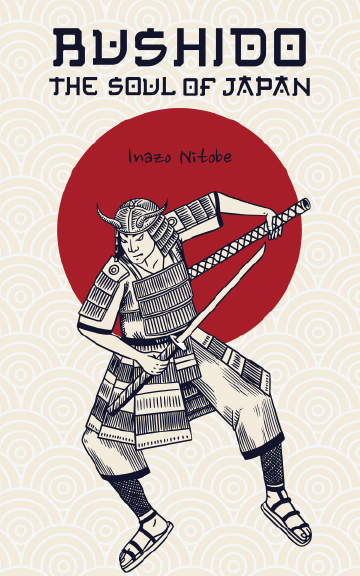Bushido: The Soul of Japan
Bushido: The Soul of Japan
Bushido quite literally means "the way of the warrior", and this is the general term for any one of a number of different codes adopted by Japan's warrior elite — the samurai — from the Middle Ages to the modern period. The golden age of samurai and bushido was already long gone by the time Inazo Nitobe penned his work "Bushido: The Soul of Japan," but its values remained.
To Nitobe, writing at the dusk of the 19th Century, the Bushido code was something of an antidote to rapid modernization — a way for Japan to retain its unique outlook and nobility in a changing world.
Nitobe evoked the eight fundamental values of the samurai way of life — righteousness, heroism, compassion, respect, honesty, honor, loyalty, and discipline — and argued that bushido should remain at the heart of Japanese identity and character in the new century. The work was a huge success in Nitobe's native Japan but was also highly regarded by influential figures from outside the country, including future presidents U.S. Theodore Roosevelt and John F. Kennedy.



